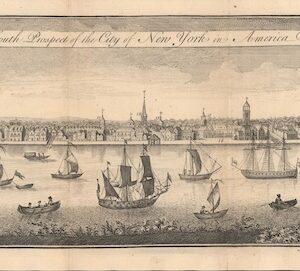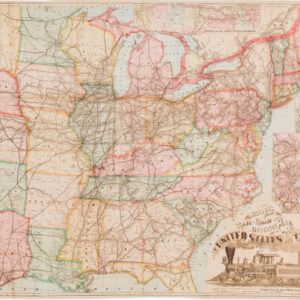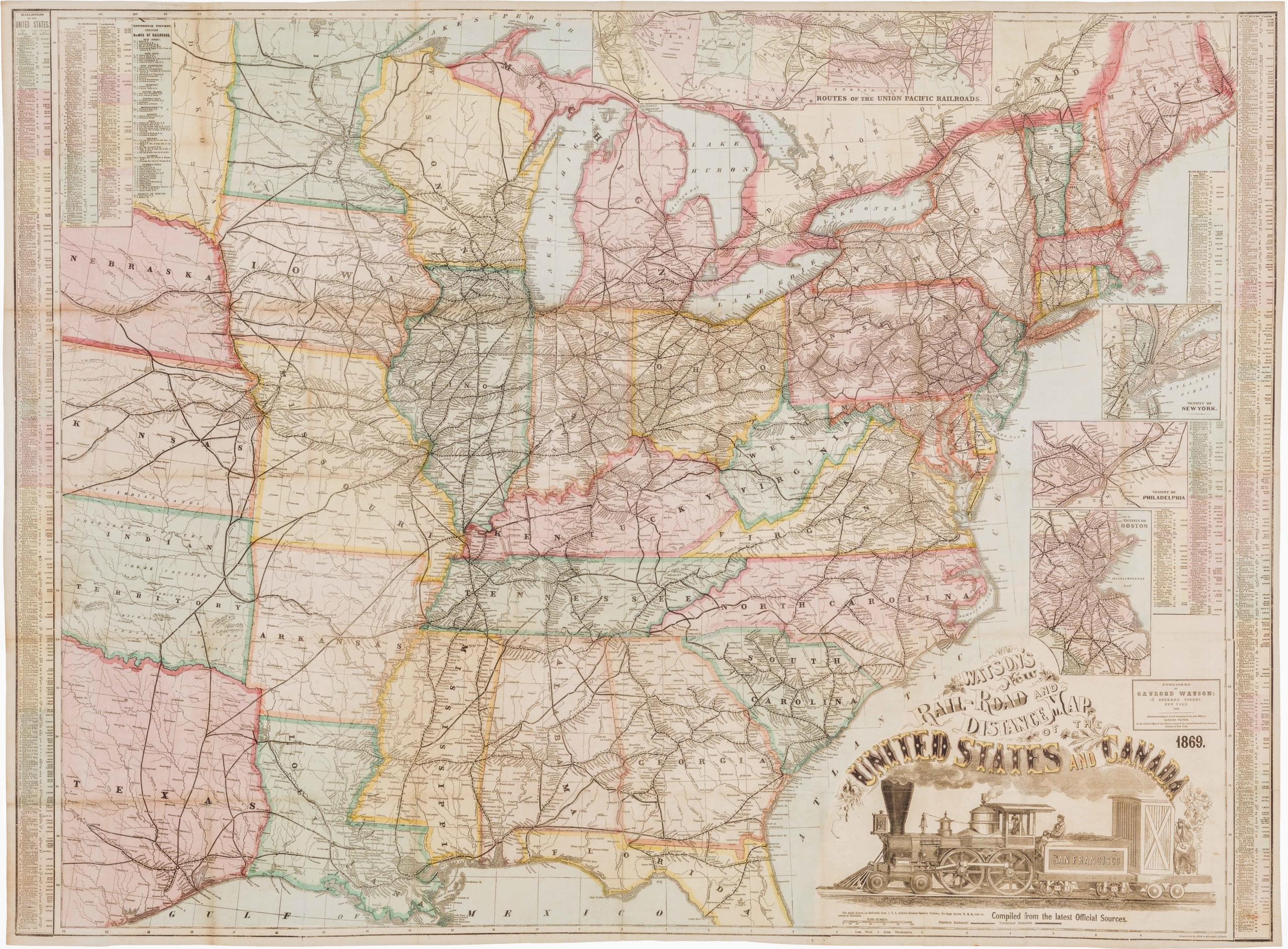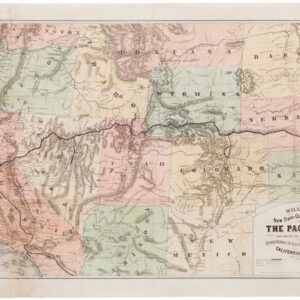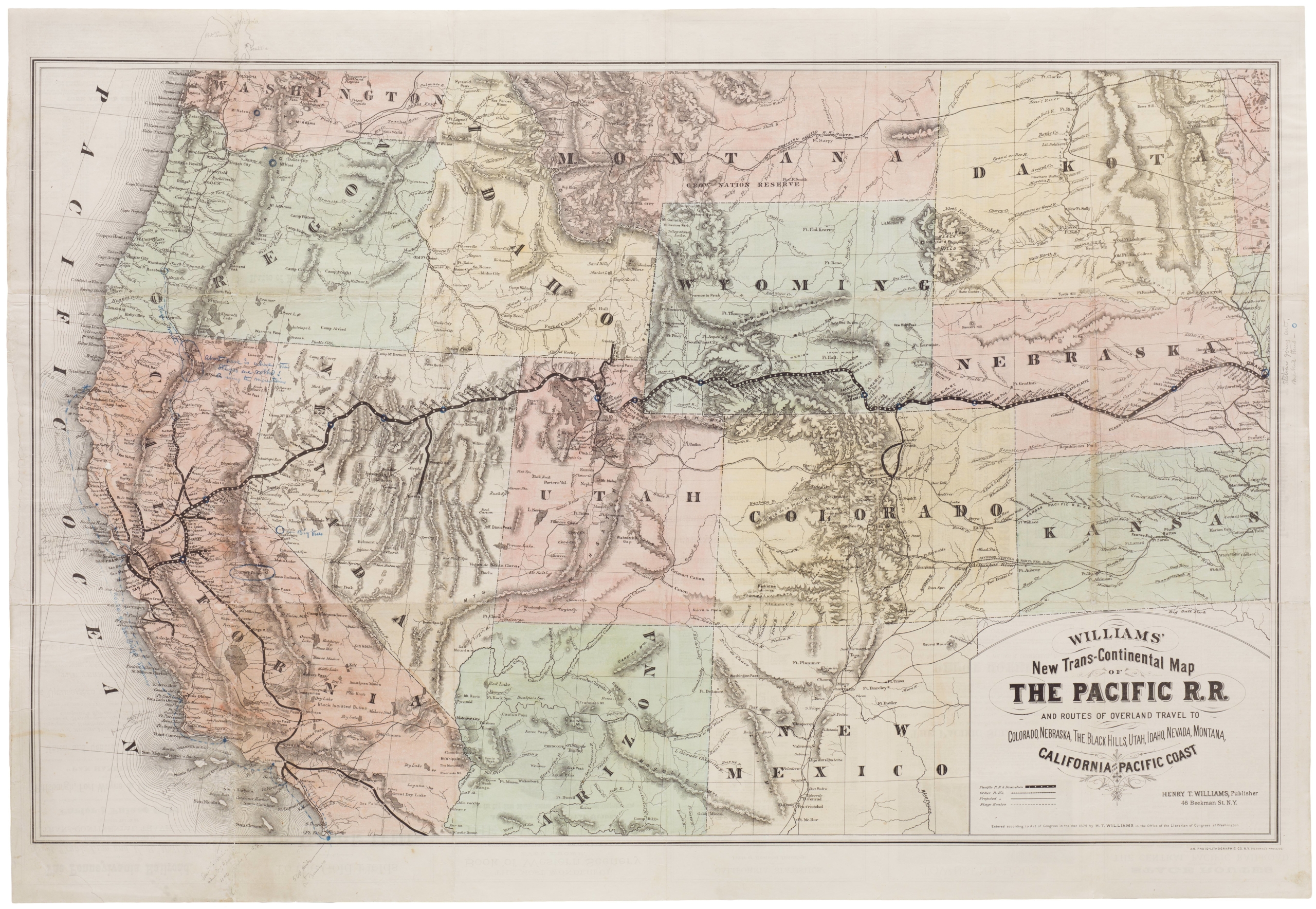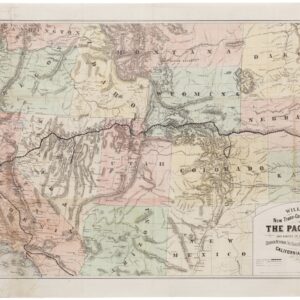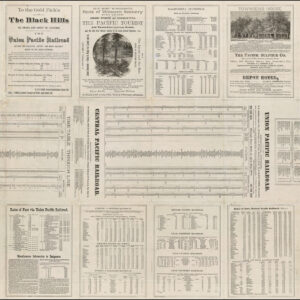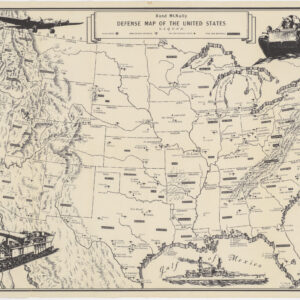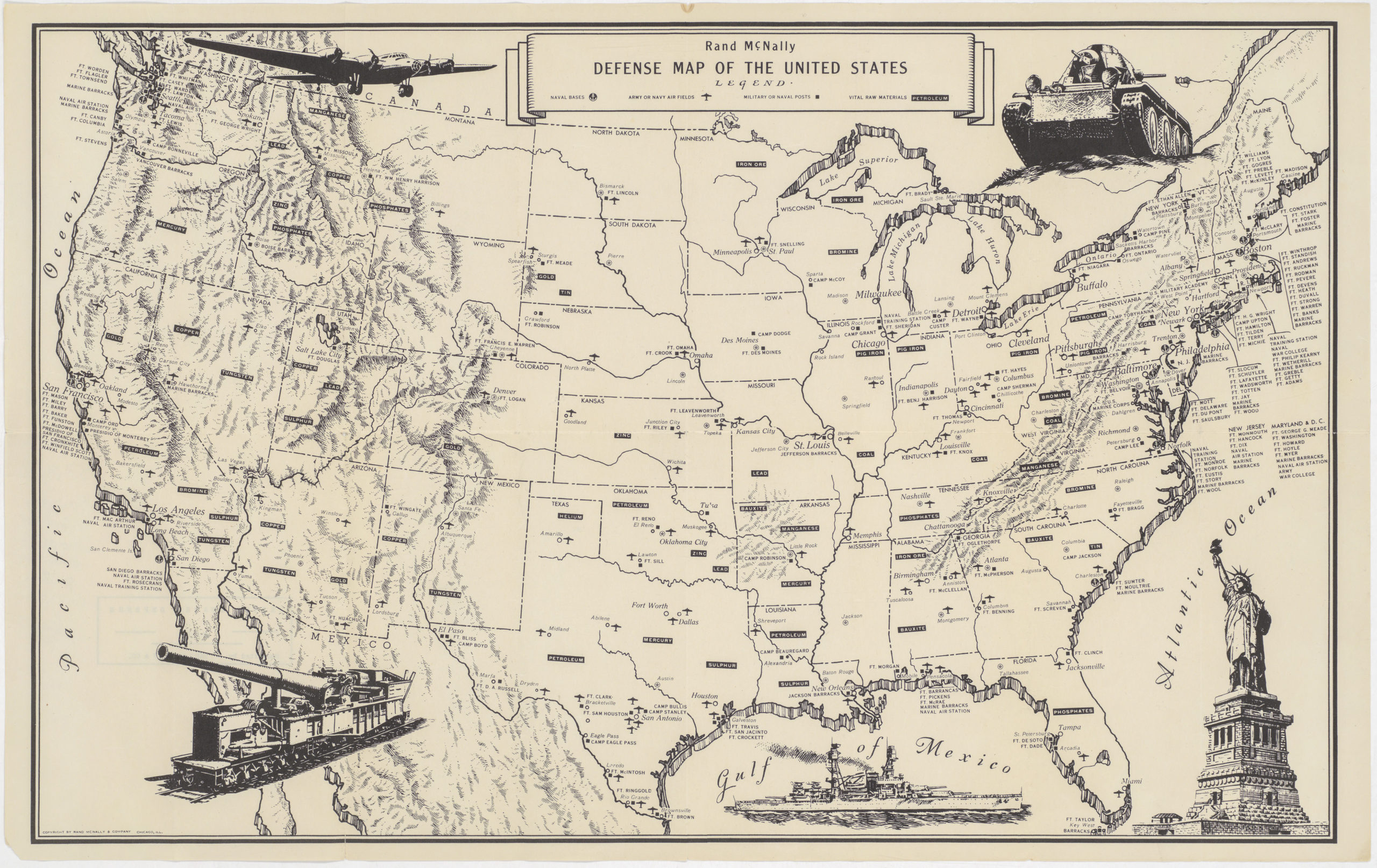Printed silk broadside of President Andrew Jackson’s 1837 farewell address.
Farewell Address of Andrew Jackson to the People of the United States.
On Hold
Description
In which Jackson warns against dissolving the Union, recognizes the independent Republic of Texas, and rants against the destructive self-interest of America’s elites.
A large, commemorative silk broadside, printed with the entire text of Andrew Jackson’s Farewell Address to the American People. Jackson delivered the address on March 4, 1837, at the end of his presidency.
During the early 19th century, it was customary to print a small run of a President’s address on silk or satin, to be used “as an ornament, to adorn the parlor, while affording a rich treasure of instruction for budding offspring.” The address was printed in a number of variants, with Neatline’s example being embellished with typographic bordering.
In the text of his Farewell Address, which is supplied in full below, Jackson identifies a national rift and appeals for unity between northern and southern states. With almost eerie clarity, he predicts that “…if the Union is once severed, the line of separation will grow wider and wider, and the controversies which are now debated and settled in the halls of legislation will then be tried in fields of battle and determined by the sword.”
The text is brimming with poignant commentary on the state of American society and the endeavors instigated under Jackson’s presidency. Among the themes addressed are issues that are as relevant and explosive today as they were in the 1830s. These include political polarization and the danger to national unity, growing economic and social disparities, and the biased and uneven impact of money on American politics.
Census
The printed silk broadside with Jackson’s address exists in several variants, with all of them being increasingly rare and sought-after by collectors. While some simply contained the printed text framed by an ornamental border, other variants include a portrait roundel of the president, a vignette of the bald eagle/US seal vignette, or sometimes both. As these were commercial products, there were many different East Coast printers producing these silk broadsides.
While Neatline’s example does not include the printer’s information, we have identified an almost identical example that only differs from ours in the inclusion of the printer’s name in the bottom register. It was produced by George C. Freer of the Herald Office in Ithaca, NY, but we cannot unequivocally confirm that he was the publisher responsible for our example as well. We have not been able to identify an example that is exactly identical to ours.
Context is Everything
In 1828, Andrew Jackson solidified his place in American history when he achieved a remarkable political comeback by convincingly beating John Quincy Adams in the presidential election of 1828. His ensuing presidency was characterized by a fervent advocacy for common citizens, and Jackson was outspoken in his criticism of an entrenched social and political elite whose influence government was driven by sheer self-interest. This principled stand was seen at the time as a direct challenge to the foundations of American democracy (a viewpoint acknowledged in the American National Biography).
In his Farewell Address, which was written with guidance from Chief Justice Roger B. Taney, Jackson highlighted the achievements of his administration and passionately condemned monopolies, rampant speculation, and the use of paper currency. At the same time, he stressed the importance of national unity and raised concerns about any discussion of the Union’s potential dissolution. By reminding his fellow citizens of George Washington’s determination to preserve the Union above all, Jackson frames loyalty to the Union as a moral obligation.
Notably, on his final day in office, Jackson recognized the independent Republic of Texas, a decision he had delayed due to fears of escalating tensions between slave-holding and free states. During this period, five territories were on the brink of statehood, with Florida being the sole territory under slaveholders’ control. Arkansas, Michigan, and Oregon had already been designated as “non-slave territories,” and a proposal to admit Texas as a “slave territory” to maintain a delicate balance was ultimately rejected. In a foreboding tone, Jackson warned of the widening chasm and the potential shift from legislative resolutions to battlefield disputes should the Union be severed.
A full-length transcript of Andrew Jackson’s Farewell Address can be found here.
Cartographer(s):
Condition Description
Printed on silk. A couple of minor splits and light repairs.
References
